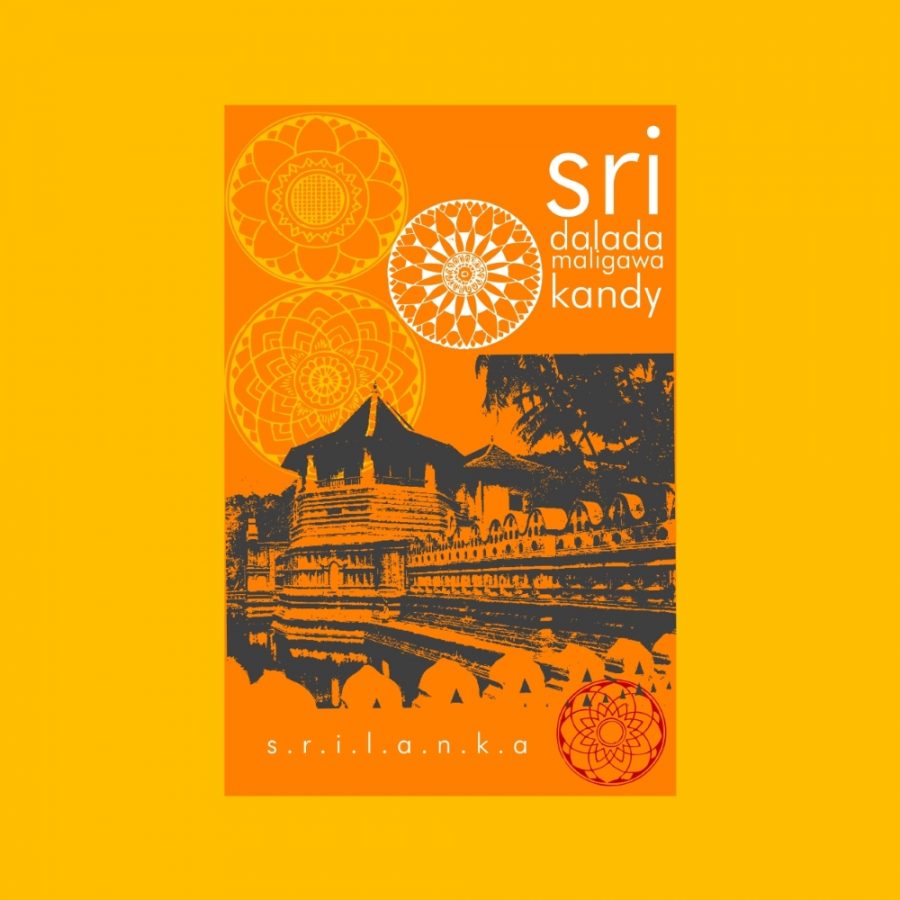Sri Lanka is a multi-religious country. Of the four major religions in Sri Lanka which the people of this spiritual island embrace, Buddhism predominates.
Sri Lanka has the longest continuous history of Buddhism of any predominately Buddhist nation. It is a way of life rather than a religion. Buddhism came to the island from India during the reign of Ashoka in the 3rd century BC. and played a significant role in the establishment of subsequent Sinhalese kingdoms. It is regarded as the highest ethical and philosophical expression of Sinhalese culture and civilisation.
Buddhists comprise 70 percent of the population, with the Theravada school being predominant. Most Buddhists are of the Sinhalese ethnic group. Buddhism was introduced to Sri Lanka in the 2nd century BCE by Venerable Mahinda. A sapling of the Bodhi Tree under which the Buddha attained enlightenment was brought to Sri Lanka during the same time. The Pali Canon (Thripitakaya), having previously been preserved as an oral tradition, was first committed to writing in Sri Lanka around 30 BCE.
Hinduism is the second most prevalent religion in Sri Lanka and predates Buddhism. Around the 5th and 6th centuries AD, the Chola dynasty of south India usurped the throne of the Sinhalese kingdom and this led to a considerable number of immigrants from south India. Thus, Hinduism was introduced into the northern parts of the island and shrines to Vishnu, Shiva, Ganesha and Skanda were widely constructed. Today, Hinduism is dominant in Northern, Eastern and Central Sri Lanka. Hindus are mainly Tamils.
Islam is the third most dominant religion in the country, having first been brought to the island by Arab traders over the course of many centuries, starting around the 7th century CE. Most Muslims are Sunni who follow the Shafi’i school. In ancient times, Arab traders from the Middle East visited the island to do business, establishing trading hubs in settlements and ports along the western and southern coastline. During the time of Dutch rule, Malays from Indonesia – often they were soldiers – also settled on the island. Collectively known as Moors, they are predominantly followers of Islam.
Christianity reached the country through Western colonists in the early 16th century. Around 7.4% of the Sri Lankan population are Christians, of which 82% are Roman Catholics who trace their religious heritage directly to the Portuguese. The remaining Christians are evenly split between the Anglican Church of Ceylon and other Protestant denominations.
There is also a small population of Zoroastrian immigrants from India and Persia (Parsis) who settled in Ceylon during the period of British rule, but this community has steadily declined in recent years. Religion plays a prominent role in the life and culture of Sri Lankans. The Buddhist majority observe Poya Days each month according to the Lunar calendar, and Hindus and Muslims also observe their own holidays.
In a 2008 Gallup poll, Sri Lanka was ranked the third most religious country in the world, with 99% of Sri Lankans saying religion was an important part of their daily life.
